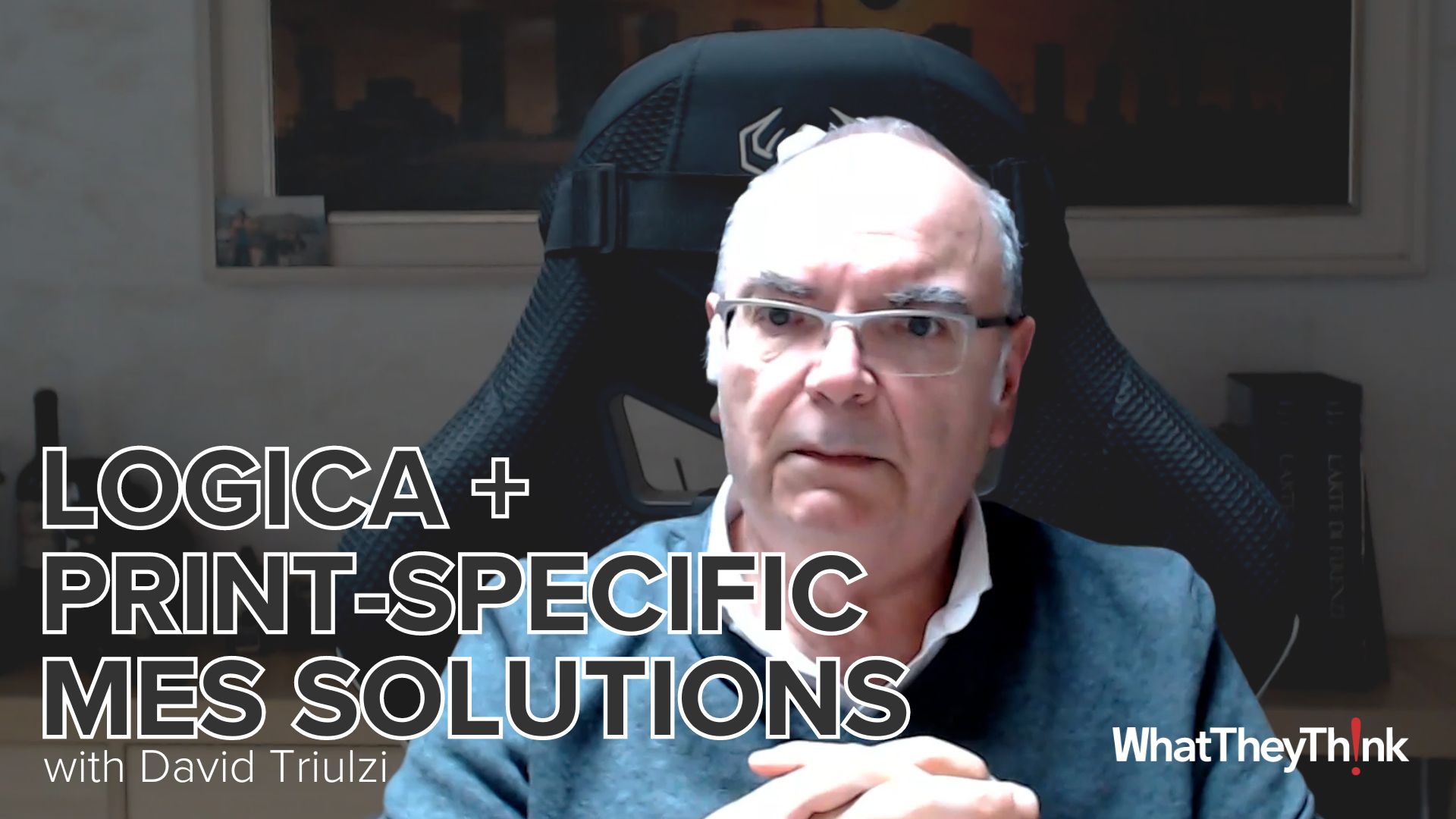Geographic Spread Helps Sappi in Difficult First Quarter
Press release from the issuing company
JOHANNESBURG, South Africa--Jan. 28, 2002--Sappi, the world's leading producer of coated fine paper, today announced results for the first quarter 2002.
Highlights
* Impact of September 11th felt in quarter, but group holds up well
* Weak performance by North American operations partly offset by robust performances from Europe and South Africa
* Performance dented by one off maintenance shuts of major profit contributing mills
* Strong balance sheet maintained
Commenting on the results, Sappi Executive Chairman, Eugene van As, said: "As anticipated, the Group continued to experience difficult market conditions during the first quarter, but held up well overall. Much of the impact of September 11th was felt in this quarter with the North American market particularly weak. The results were further impacted on by the fact that two of our largest operations took their 30-month maintenance shuts in the period. This impact, which would previously have been spread over 30 months, was reflected in the quarter as per the new International Accounting Standard (IAS) guideline. However, we benefited from the geographic spread of our assets as both Europe and South Africa continued to perform well despite challenging trading conditions in their markets, this offsetting some of the difficulties in North America.''
Results for the Quarter
These difficult conditions lead to sales volumes which were 10% below the same quarter last year, excluding Mobile (which was closed at the end of last year). Average prices in US$ were 14% lower than a year ago. This reflects in part the change in other currencies vs. the US$ and in part real price reductions. However, manufacturing costs continued to be well controlled.
In this environment the group did well to achieve an EBITDA margin of 17% which lead to net profit before exceptional items of US$31 million, although this was 62% below last year. Earnings per share before exceptional items were 14 US cents. After one-time adjustments for refinancing the North American 14% debentures and the closure of Transcript Mill, net profit was US$22 million and basic earnings per share were 10 US cents.
Despite these adverse market conditions, the group generated a robust cash flow (EBITDA) for the quarter of US$148 million. Capital expenditure continued to be below depreciation and amounted to US$67 million.
The group continues to maintain a strong balance sheet, although net debt increased slightly in September from US$1,128 million to US$1,156 million. The net debt to total capitalisation ratio was affected by the US$ value of our Euro and Rand assets, but is an acceptable 35%. This ratio will vary from time to time with currency changes.
Net finance costs for the quarter were US$25 million, which included the cost of marking foreign exchange contracts to market and other foreign exchange losses of US$7 million.
The group declared a dividend of 26 US cents per share for the year ended September 2001, which was paid to shareholders on 14 January 2002. Whilst the dividend increase in US$ terms was modest, the dividend showed the excellent Rand hedge quality for South African shareholders as it increased in Rand terms by approximately 65%.
Fine Paper
Commenting on the fine paper division's overall performance, Bill Sheffield, Fine Paper CEO said: "Market conditions for Sappi Fine Paper were difficult in the quarter. In addition to the general global economic slowdown, the recession in the US and the additional adverse impact of 11 September had a strong detrimental effect on our business. These conditions resulted in a 24% fall in sales compared to last year. Despite this, the division's operating margin fell only 3.3 percentage points. We continued to curtail production in Europe and North America to balance supply with demand''.
"Against very tough market conditions the division held up well. The North American business was particularly affected, but our ability to supply part of the US market with high quality European paper at good margins once again proves the benefits of our strategy to have well-invested assets in each major global market''.
The closure of the Transcript Mill is progressing well, with a complete exit from the carbonless business expected by March 2002.
He went on to say: "The outlook for our European and South African businesses is stable. In North America we believe the situation has bottomed. In both Europe and North America, consumer inventories are extremely low and we are well positioned to benefit from the upturn in demand when it comes''.
Forest Products
John Job, Forest Products CEO commented: "Our southern African markets were stable during the quarter and both our forest products and global fine paper businesses remain strong Rand hedges for the group. Local costs were driven down in US$ terms and local selling prices now lag those of imported competitors. Sales volumes dropped 10% on last year, but the operating margin at 16% and return on net operating assets at 11.9% were both good under the adverse market conditions.
South African demand for pulp and paper products had been reasonably strong during the quarter, however export markets continued to be depressed. Dissolving pulp markets remained soft and were characterised by high customer inventories and low prices. There had been some firming in international unbleached kraft pulp markets recently but generally, prices remained steady, albeit at low levels.
Referring to efforts to secure the future of Sappi's Usutu pulp mill in Swaziland, Job indicated that agreement had been reached with the labour union and the restructuring would follow in the next quarter. "We are confident that completion of this restructuring will secure Usutu's position as a competitive and profitable mill,'' he said.
Job confirmed that the outlook for the Forest Products business is better for the balance of the year. Any improvement in world economic conditions will have an immediate impact. In the short term, the benefit of the weaker Rand will improve margins and enable the division to maintain its planned US$ earnings.
Outlook
Sappi expects order levels to improve as the year progresses. The US economy has bottomed and may rebound. Evidence exists that end-user consumption of coated woodfree paper has declined much less over the past year than shipments and that much of the decline in apparent demand stemmed from a reduction of inventory in the supply chain. Shipments are expected to rise modestly to match consumption and there is the potential for a significant rebound in demand if merchants and end-users start to bring their inventories back up to normal levels.
Commenting on the outlook, Eugene van As said: "We operate in a challenging environment, but the geographic spread of our assets will continue to allow us to take advantage of strong markets and weak currencies, and reduce the impact of fluctuations in regional demand on our business. ''We are cautiously optimistic" van As indicated. ''Barring further deterioration of the global economic outlook, we expect earnings per share for the rest of the year to improve and reach a similar level to those seen in the last financial quarter of our 2001 year."
Sappi Limited is the largest producer of coated free sheet paper in the world and produces fine papers in South Africa, the United Kingdom, Austria, Belgium, The Netherlands, Germany and in the United States. Sappi's net operating assets of approximately R29 billion are located mainly in Europe (41%), North America (31%) and Southern Africa (28%).
Video Center
- Inkjet Integrator Profiles: DJM
- Spring Inkjet Update – Webinar
- Security Ink Technologies for Anti-Counterfeiting Measures
- Komori unveils B2 UV Inkjet
- Keeping Nozzles Fresh with Flow
- Komori to Unveil the J-throne 29 Next Generation Digital Press at drupa 2024
- Inkjet drives convergence of transactional and graphic arts applications
- The Inevitability of Technology Shifts and How to Communicate with Credibility

WhatTheyThink is the official show daily media partner of drupa 2024. More info about drupa programs
© 2024 WhatTheyThink. All Rights Reserved.








